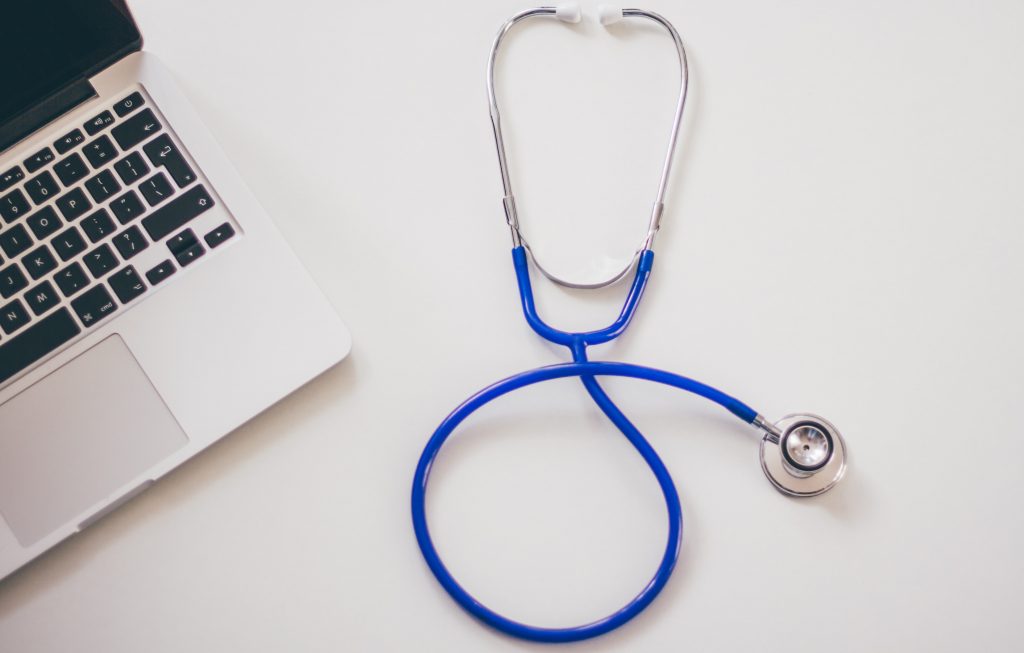By Allison Sadlier // SWNS
NEWS COPY w/ VIDEO & INFOGRAPHIC
The average American spends 156 hours a year scouring the Internet to better understand their own health, new research revealed.
The study of 2,000 census-balanced Americans examined how people search for medical answers and showed two in three say looking up their symptoms online is a completely overwhelming experience, yet they can't stop doing it.
The survey conducted by OnePoll on behalf of Vibrant Health Care found 54% think it’s overwhelming to receive so much information and opinions on their condition from so many sources.
Beyond general medical practitioners (48%) other top candidates respondents turn to for medical advice are physical therapists (27%), friends (26%) and parents (25%).
All this information swirling around in patients’ heads can have a major impact at the doctor’s office. Fifty percent of respondents said they’ve become hesitant to trust their doctors after they receive conflicting opinions from family or the Internet.
The sheer amount of information leads many for opinions from other medical professionals. Of those who’ve sought advice from more than one doctor (56%), the average person spoke with three to hear their takes.
Sixty-five percent of those who spoke with multiple doctors received conflicting opinions.
That’s not the only thing that has respondents searching for fresh answers. Two in three (68%) think doctors rely too heavily on medications to treat chronic pain.
Fifty-nine percent feel like scary medication side effects can sometimes outweigh the benefits of a medication.
As a result of those side effects, nearly two in three Americans polled indicated that they are ready to seek alternative treatments when it comes to their health conditions, with three in four agreeing that that healthcare system should offer more of these treatments rather than just throw prescriptions at us.
Of those with daily pain and discomfort, 65% feel like there’s no cure-all for their ailment and they just have to “soldier through it.”
Nearly one in five would pay $5,000 or more to guarantee their pain relief.
Dr. Edgar Suter, MD of Vibrant Health Care said, “Many of the patients we see with chronic pain or discomfort have already tried medications or surgery and are frustrated with the lack of relief they feel. The survey data shows two-thirds feel like they have no choice but to ‘solider through’ their pain after exhausting so many avenues in search of relief. It’s disheartening to feel like you have to live in constant pain every day.”
Three in four want to find a solution to chronic pain that isn’t dependent on medications.
A third of respondents want to know more about herbal medicine while 27% are interested in acupuncture.
A quarter of respondents would like to expand their knowledge about magnetic field therapies (26%) and one in five (22%) are inquisitive about stem-cell treatments.
One in five would also consider taking up tai chi (18%).
Dr. Suter for Vibrant Health Care added, "This data illustrates a serious shift in behavior with the majority of people wanting to rely less on medications and more actively considering alternative treatments. With so many differing opinions from doctors, friends and online sources, finding the best treatments can be an overwhelming challenge. But those that are willing to turn over every stone, looking at their condition from new angles can find a treatment that gets to the root of their pain and helps heal their condition."
TOP PEOPLE TO SEEK MEDICAL ADVICE FROM
- General practice doctor 48%
- Doctor with a specialty focus 38%
- Medical professional (chiropractor, etc.) 28%
- Physical therapist 27%
- Friend 26%
- Parent 25%
- Sibling 19%
- Neighbor 12%
- Adult son/daughter 11%
- Aunt/uncle 8%
- Acquaintance 7%
TOP ALTERNATIVE TREATMENTS OF INTEREST
- Herbal medicine 33%
- Acupuncture 27%
- Magnetic field therapies 26%
- Stem-cell treatments 22%
- Tai chi 18%
- Ayurvedic medicine 16%
- Reiki 15%
- IV treatments 15%
- Digestible nanotechnology 12%
